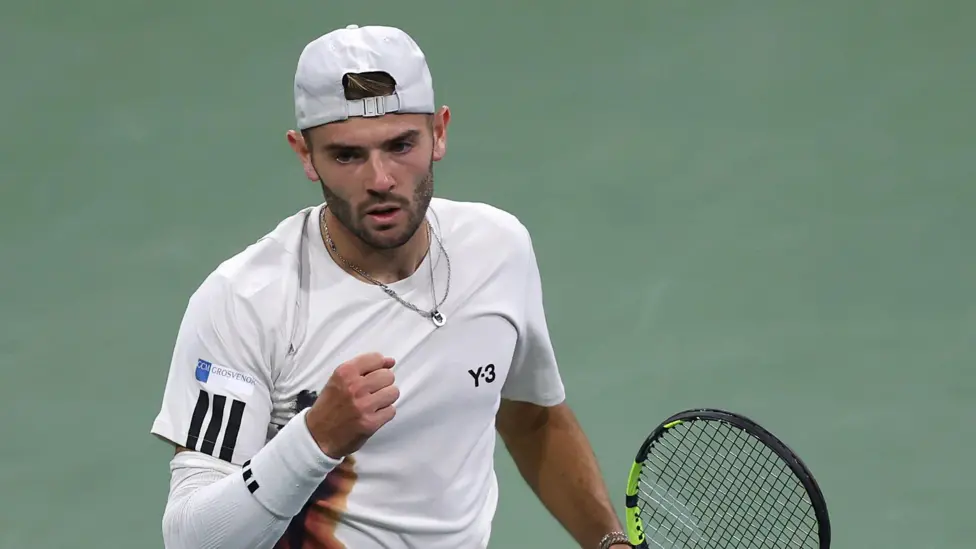
Fearnley Battles Nerves and Heckler to Earn First US Open Win
When Jacob Fearnley walked off the court at Flushing Meadows late on Tuesday night, he had more than just a first-round victory to his name. He had a story. A marathon four-setter against seasoned Spaniard Roberto Bautista Agut, a barrage of double faults, and even a heckler who seemed to switch sides mid-match—all of it rolled into a three-hour, 24-minute debut win at the US Open that the 24-year-old Scot will never forget.
For Fearnley, ranked just outside the world’s top 50, this was another step in a whirlwind rise that has taken him from college tennis in the United States to the sport’s brightest stages in a little over a year. His 7-5, 6-2, 5-7, 6-4 victory wasn’t perfect—his serve deserted him in crucial moments—but it was gritty, resilient, and most importantly, a win that etched his name into the main draw winners’ column at Flushing Meadows for the first time.
Fearnley Overcomes US Open Jitters
Nerves have been Fearnley’s unwanted companion for months, and in New York they were back with a vengeance. Across the opening three sets, his first-serve percentage dipped under 50%, and 16 double faults nearly sabotaged his evening.
“If you look at when the double faults were happening—serving for the match, serving to stay in the set—they came at the highest tension moments,” Fearnley admitted afterward. “Those ones are definitely down to nerves more than anything.”
Yet nerves did not stop him. After faltering at 5-4 in the third, when a string of missed serves handed Bautista Agut a lifeline, Fearnley regrouped. He steadied himself in the fourth set, finding his range on serve and limiting errors to finally close the match just past 11:15 p.m. local time.
It was, by his own admission, the toughest match of his career. But it was also his longest, and for a young player still learning to navigate the brutal demands of Grand Slam tennis, it marked an important milestone: proving that he can win even when his game isn’t firing on all cylinders.
A Battle With the Crowd
If battling his serve wasn’t enough, Fearnley also found himself wrestling with an unexpected distraction—a fan sitting behind the baseline who began as an enthusiastic supporter but turned sharply when the Scot dropped serve late in the third set.
“When I lost the service game at 5-4 in the third he completely turned—I couldn’t believe it,” Fearnley said with a laugh that carried just a trace of disbelief. “It wasn’t abuse, just confusing and extremely loud. I wanted to say something. He didn’t say a nice thing after that.”
In truth, Flushing Meadows has always been known for its raucous atmosphere. The US Open crowd is famously partisan, often flipping allegiances with the drama of a match. For a relative newcomer like Fearnley, it was another taste of what makes New York unlike any other stop on the tour.
From College Courts to Grand Slam Stage

Jacob Fearnley overcomes nerves to earn Britain’s sole day-three win
Perhaps what makes Fearnley’s rise so remarkable is how fast it has been. Barely 15 months ago, he was ranked outside the world’s top 500. A stint in U.S. college tennis gave him structure and confidence, but few could have predicted just how quickly he would adapt to the grind of the ATP Tour.
Since breaking through last year, he has reached multiple tour-level quarterfinals, cracked the top 50 in June, and already faced some of the game’s biggest names under the brightest lights. But with that fast rise has come growing pains. His serve, once a weapon, has become erratic in pressure moments, and double faults have crept into his game.
“I’m not too sure how I solve it,” Fearnley admitted. “But I guess it’s helpful to know that even hitting all those double faults I can win the match—that’s a positive more than anything.”
It’s the kind of level-headed response that suggests he is willing to learn through experience rather than panic. For a player still in the early stages of his career, perspective may be as important as any technical adjustment.
Looking Ahead: Zverev Awaits
There is, of course, no time to dwell on milestones at the majors. Standing between Fearnley and a dream run into the third round is Alexander Zverev, the German world number three and one of the tournament favorites.
It will be their third meeting this season. Zverev dispatched Fearnley in straight sets at both the Australian Open and Miami Open earlier this year, matches that underlined the gulf in experience between a seasoned contender and a fast-rising rookie.
This time, though, Fearnley enters with something new: belief. “I’ll be playing Zverev next on another big court—a high-stakes, high-tense environment,” he said. “And I think putting myself in those situations will help.”
The draw hasn’t been kind to him in recent majors, consistently throwing him against top seeds. But for Fearnley, those experiences are invaluable. Playing Zverev on a packed Arthur Ashe or Louis Armstrong court will be another step in a rapid education that has already accelerated far beyond expectations.
The Night He’ll Never Forget
As Bautista Agut trudged off into the New York night, Fearnley lingered a little longer, soaking in the moment. He had been tested by nerves, broken by double faults, and even distracted by a fan who couldn’t seem to decide whom to support. Yet he had endured.
The scoreboard read 7-5, 6-2, 5-7, 6-4, but the numbers barely told the story. This was a night about composure, resilience, and a young Brit learning how to grind through adversity on one of tennis’s loudest stages.
“It was an extremely tough match,” Fearnley said. “I knew Roberto would make me go right to the end.”
And go to the end he did—crossing the finish line with a milestone win, a smile, and the knowledge that, however far he goes this fortnight, his US Open story has already begun in the most dramatic way possible.
Conclusion: A New Chapter for British Tennis
With Katie Boulter, Sonay Kartal, Francesca Jones, and Billy Harris all falling on the same day, Fearnley stood alone as the only Briton to advance in New York. It felt symbolic. British tennis has been searching for new stars, and here was one, showing resilience in the face of pressure and carving out a win against an opponent who has been a fixture of the sport for more than a decade.
There will be bigger matches ahead, perhaps even tougher crowds and more brutal serving struggles. But for Jacob Fearnley, the night he overcame nerves, a heckler, and a battle-hardened Spaniard in the opening round of the US Open will always be remembered as the evening he truly arrived.



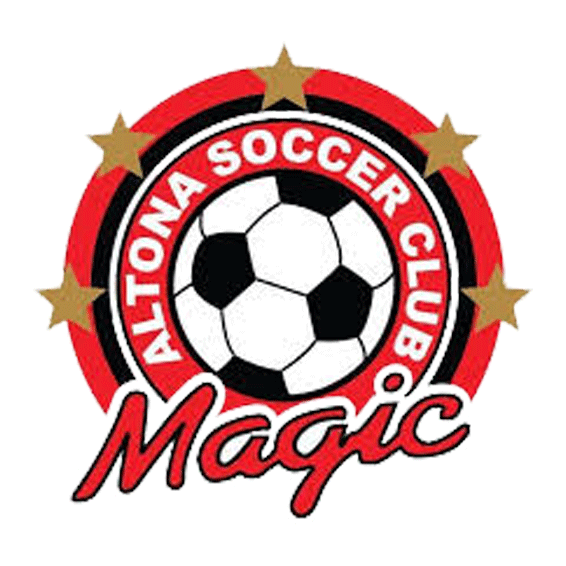
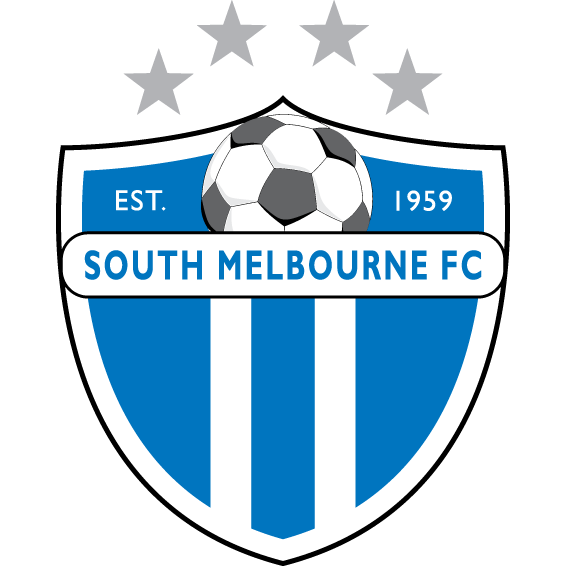





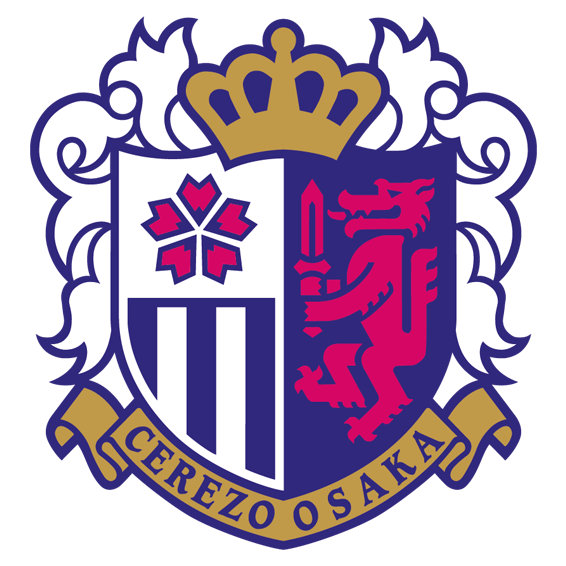
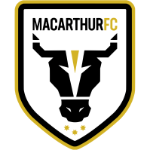





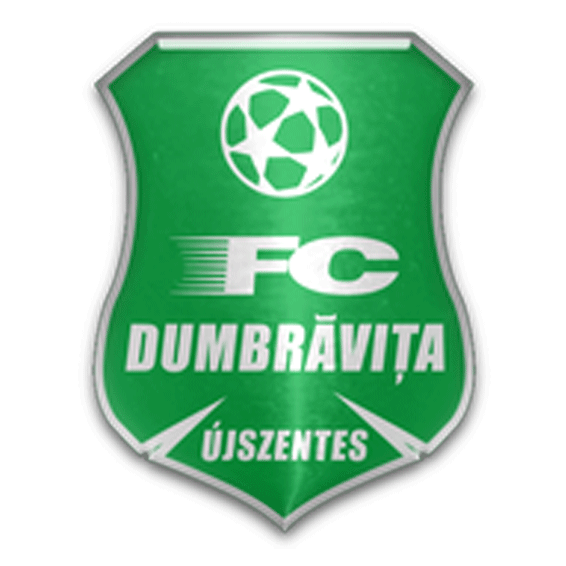
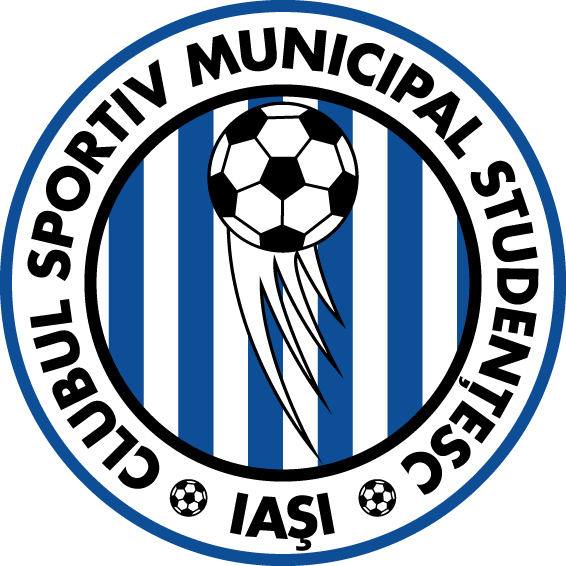


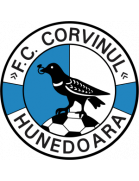




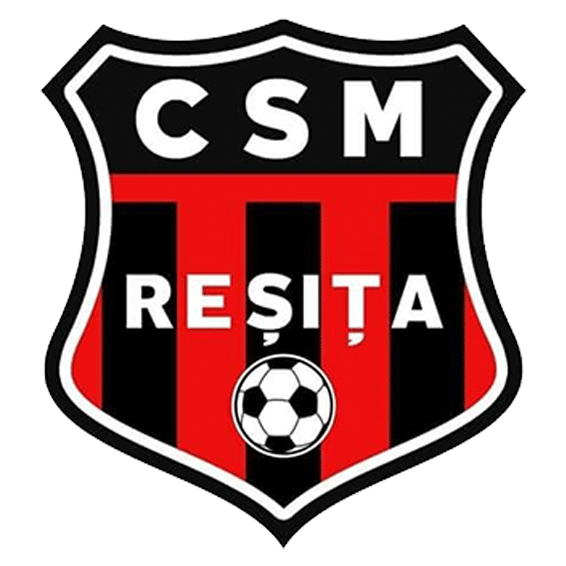


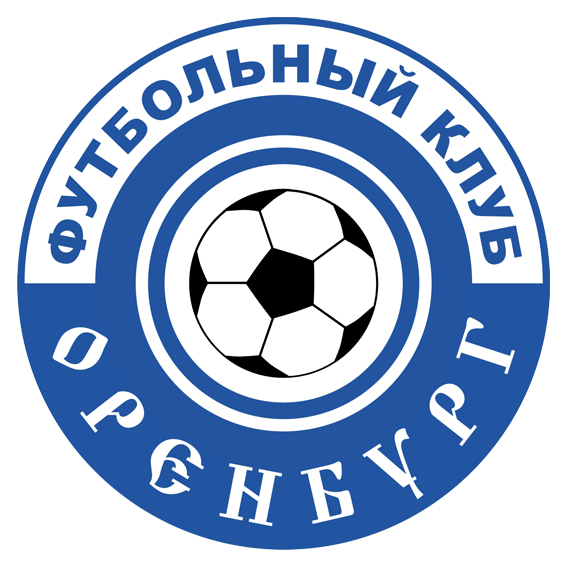



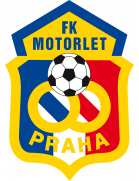


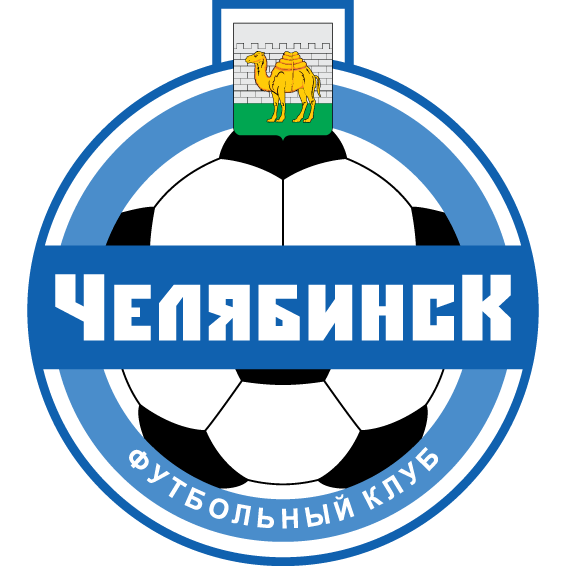


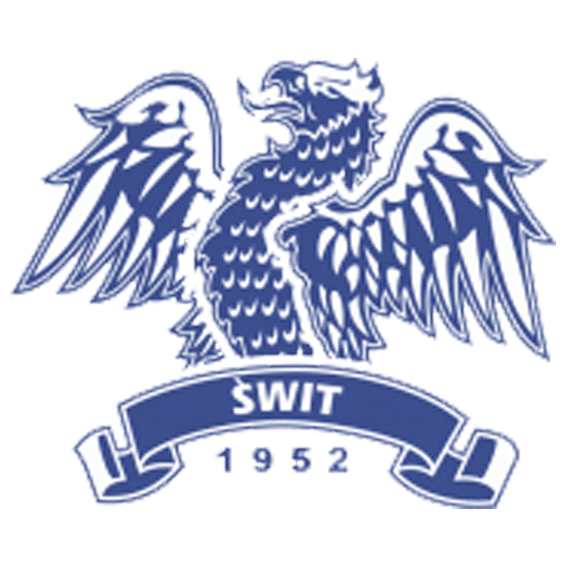

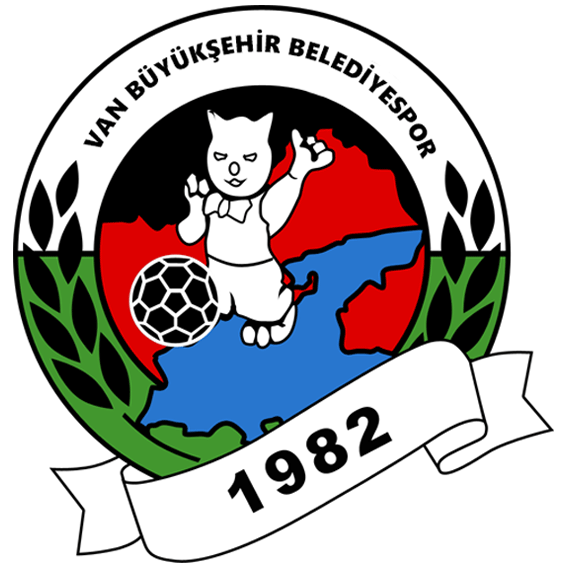

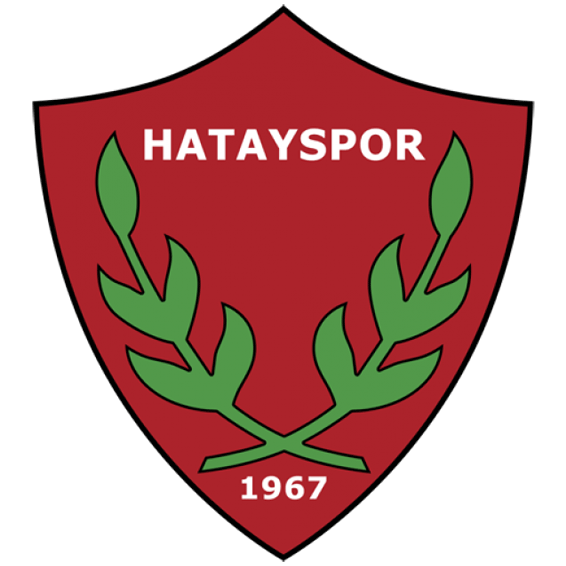
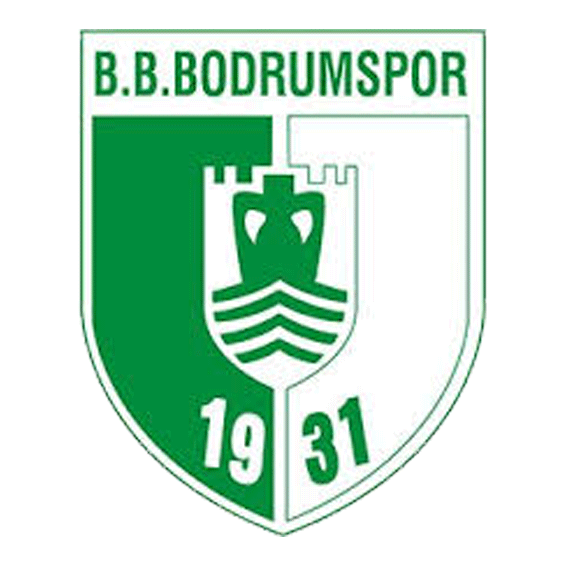



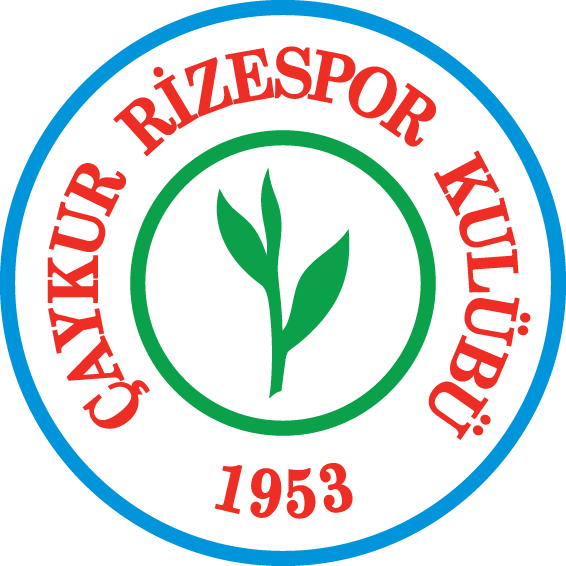



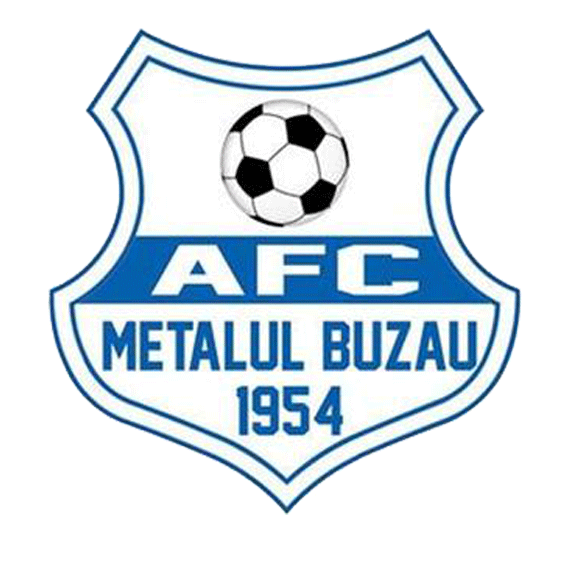










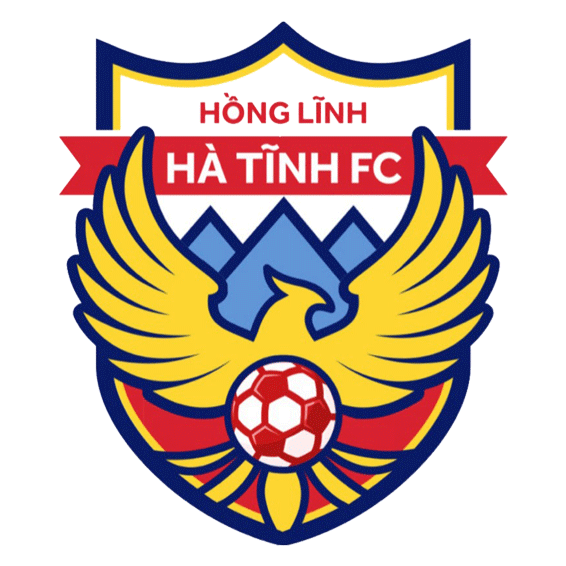
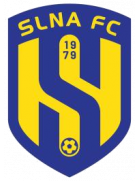

























There are no comments yet. Be the first to comment!